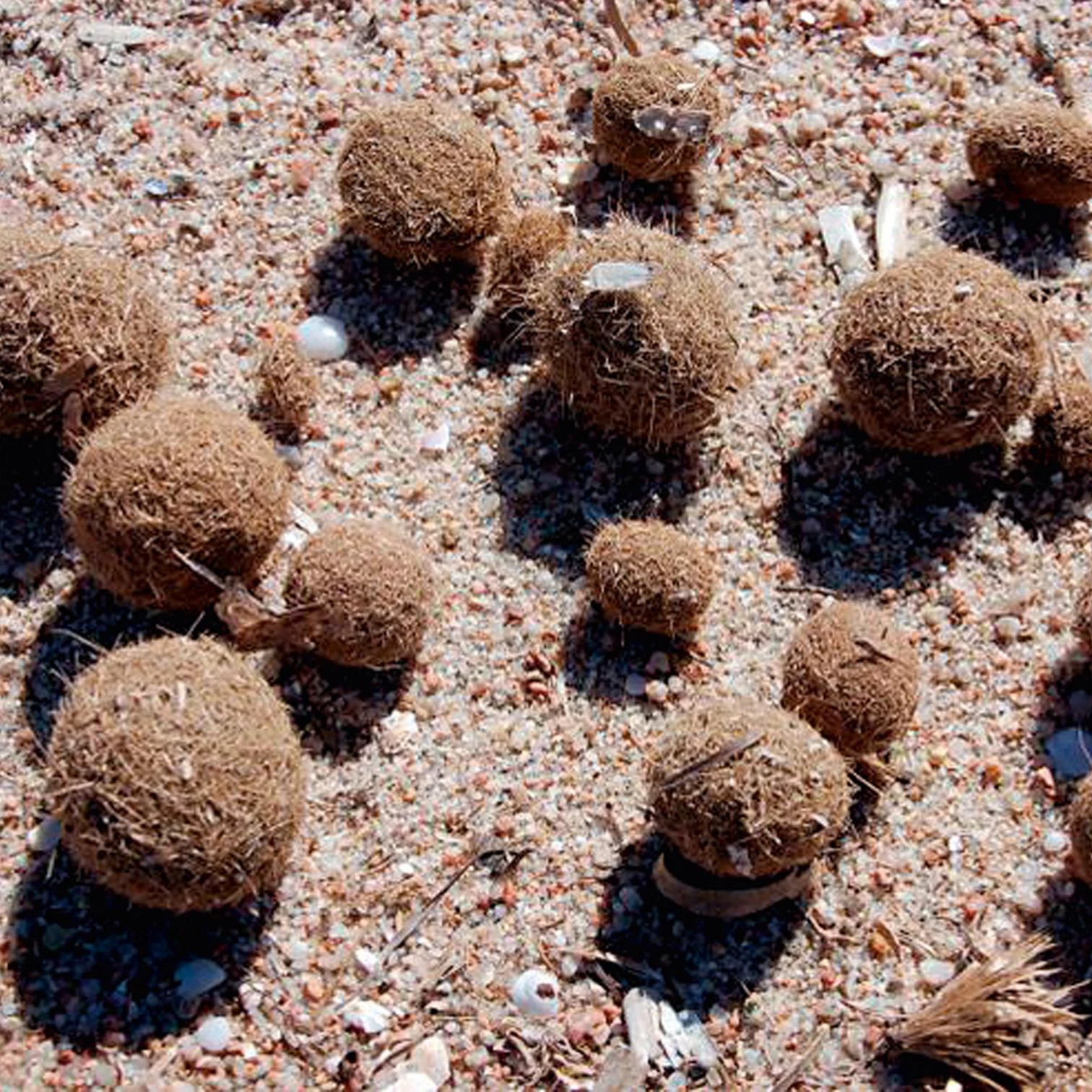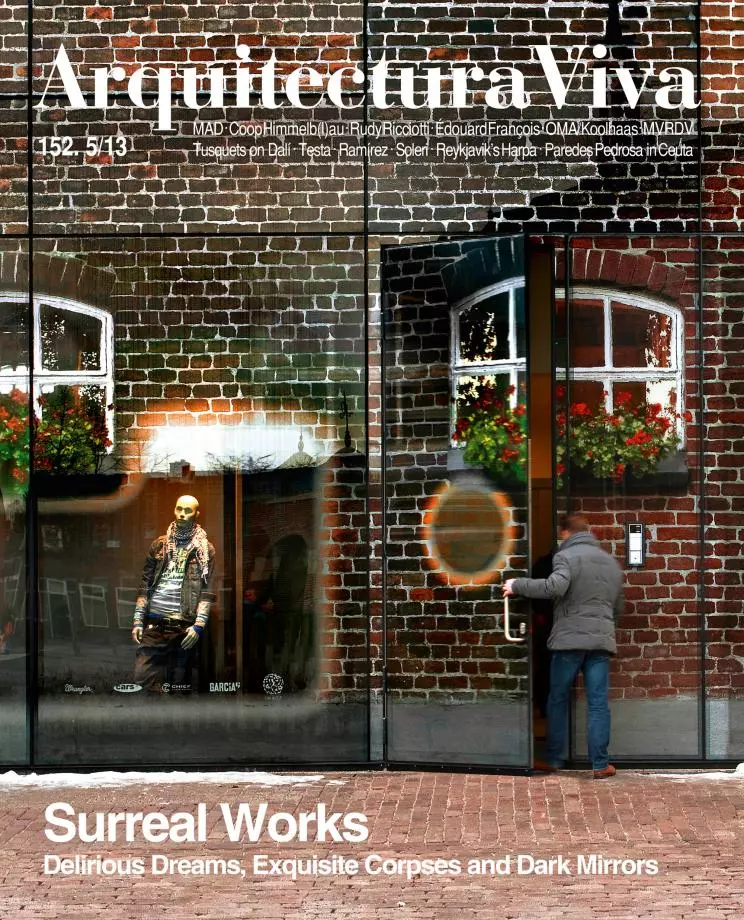Posidonia Insulation

Organic materials are renewable and have excellent hygrothermal properties, and in the medium-term are bound to become an alternative to traditional composites. Today there is an increasing interest in agricultural residues or those spontaneously generated by nature, like the Posidonia oceanica or Neptune grass. This seagrass species grows abundantly in the Mediterranean Sea, and in spring bears floating fruits commonly known as ‘olives of the sea’. According to researchers from the Fraunhofer Institute in Munich, the small fibrous balls of the sea olives have excellent properties that make them ideal for use in the construction industry: the cavities in their microstructure naturally retain air, absorb moisture, resist mold, and are non-flammable. Thanks to these properties it is not necessary to add any chemical products. In view of these possibilities, the researchers from the German technological institute have developed a method to transform these residues into insulation material without binding products, which can be blown into double-sheet walls or roofs to improve thermal conditions without altering, if so demanded, the original state of the facade.





